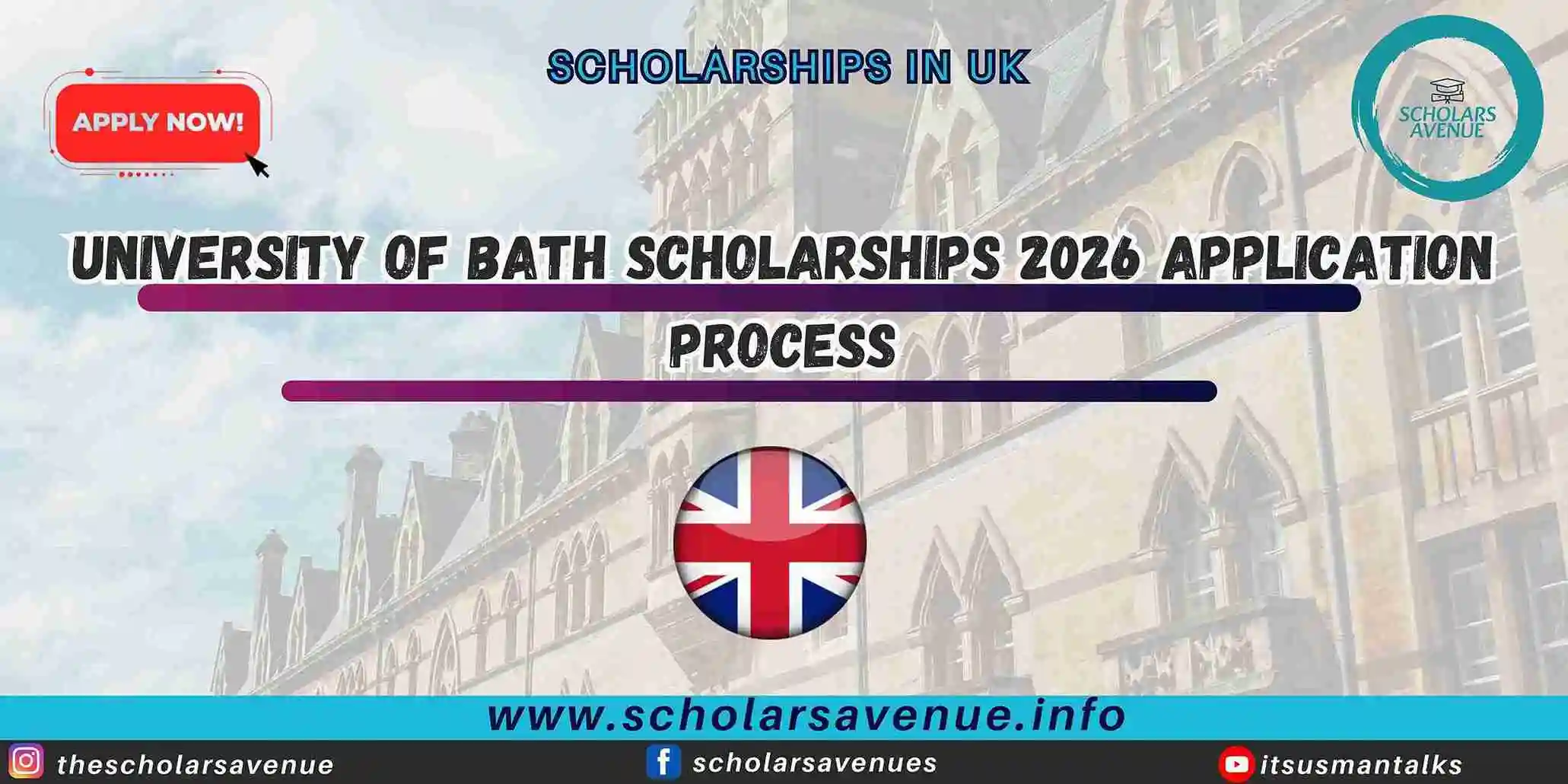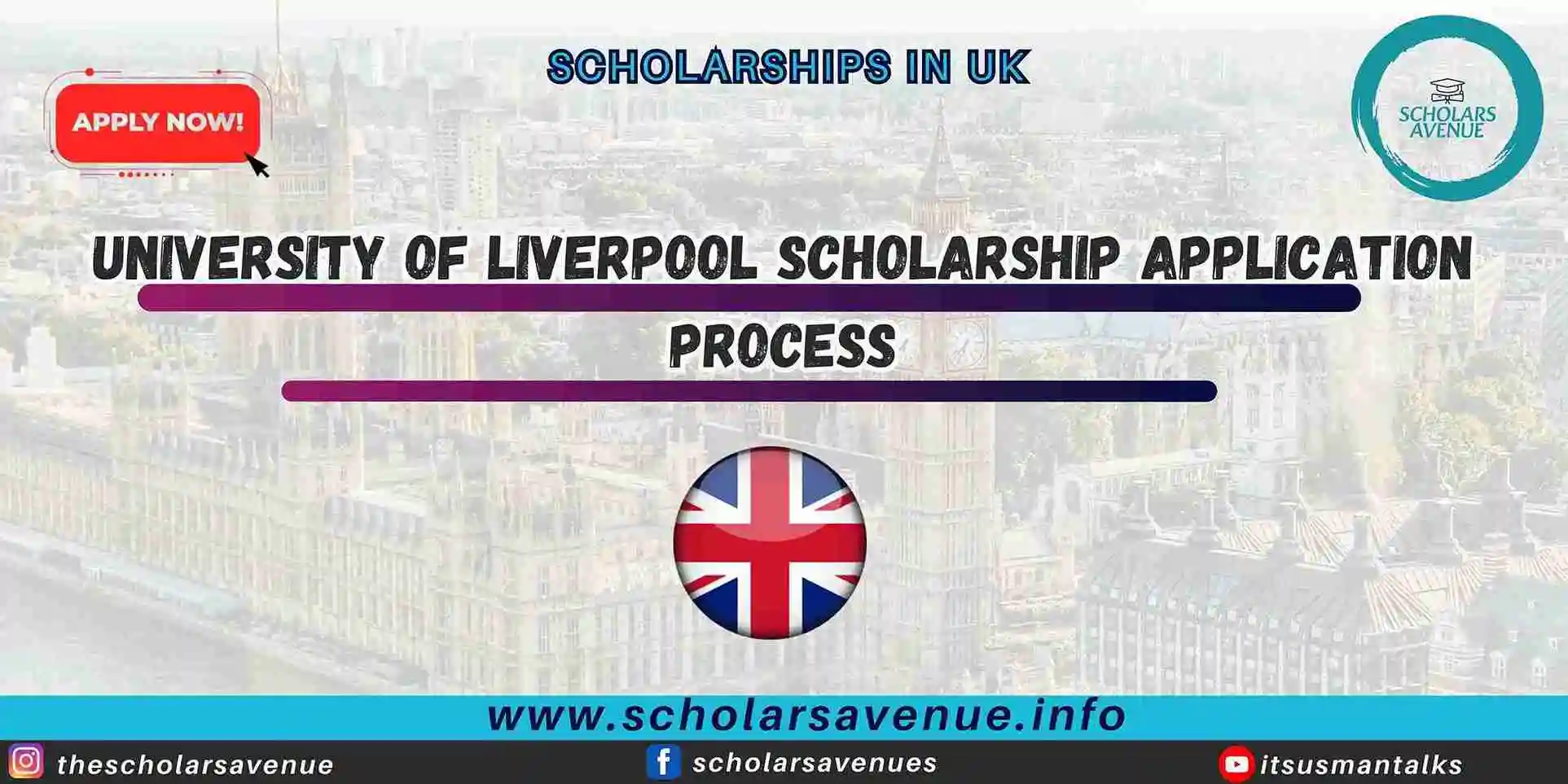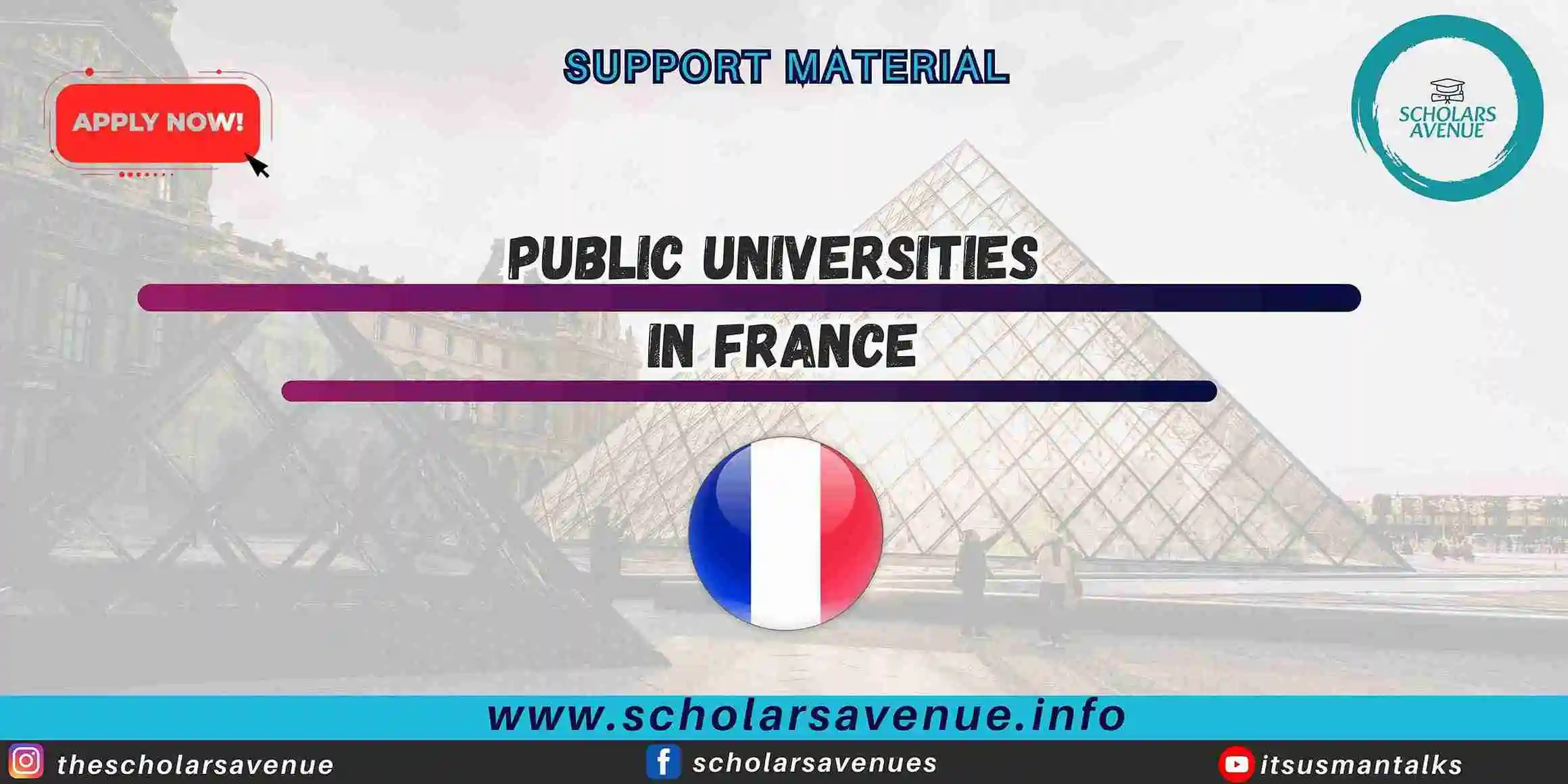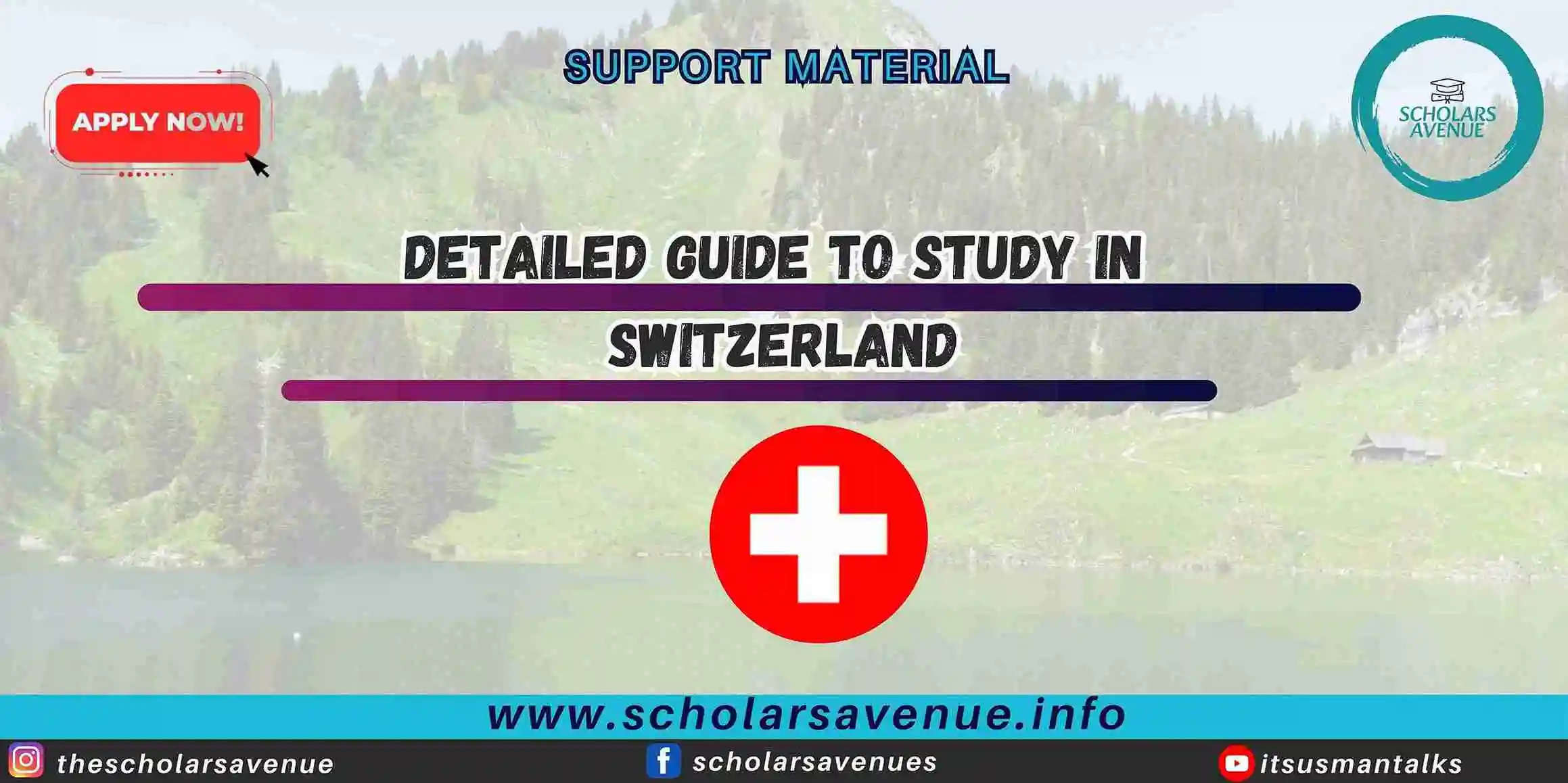For those seeking a high quality education combined with a rich cultural experience, study in Austria is an excellent choice. Renowned for its exceptional universities, Austria offers an array of academic programs that cater to a wide variety of interests. The country’s commitment to academic excellence, coupled with relatively affordable tuition fees compared to other European nations, makes studying in Austria an attractive option for international students. In addition to outstanding education, students can immerse themselves in Austria’s stunning landscapes and vibrant cultural scene, making it a unique destination for higher learning.
If you’re considering studying abroad, study in Austria could be the ideal pathway to achieving your academic goals. With a long tradition of academic excellence, Austria’s universities are consistently ranked among the best in Europe. Offering numerous programs in English, studying in Austria is accessible to students from around the world. Beyond academics, Austria boasts a high standard of living, with affordable healthcare, efficient public transport, and a rich history. Whether you’re studying in the lively capital of Vienna or the picturesque town of Innsbruck, study in Austria promises a memorable and fulfilling experience.
Also check, Fully Funded USTC Fellowship in China 2025
Why Study in Austria?
1. Strong Academic Reputation
Austria is home to some of Europe’s most respected universities, known for their rich academic traditions and rigorous standards. Universities like the University of Vienna and the University of Innsbruck are highly regarded for their research and teaching. The Austrian education system combines theoretical learning with practical application, ensuring students are well-prepared for their future careers.
2. Affordable Tuition Fees
One of the most significant advantages of studying in Austria is its affordability. Public universities in Austria charge relatively low tuition fees compared to other Western European countries. International students can expect to pay between €700 and €1,500 per year, depending on the university and program. In addition, many universities offer scholarships, grants, and other financial aid to help students manage their living and tuition costs.
3. Diverse Student Community
Austria is a hub for international students, with many people from all over the world choosing to study here. This multicultural environment makes it easier for students to meet people, exchange ideas, and form lasting friendships. Austria’s international community also ensures that students are well-supported in their academic and personal journeys.
4. Job Opportunities for Students
Austria is not just a place to study; it’s a place to grow. Many students take advantage of part-time work opportunities to gain experience while earning money. International students can work up to 20 hours per week during the semester and full-time during holidays. Whether it’s in a café, retail, or an internship related to your field of study, Austria provides ample opportunities to enhance your resume while living abroad.
Study in Austria Guide
Also check, Best Engineering Courses For Future 2025
A Step by Step Application Guide to Study in Austria
1. Choose Your Program and University
- Research universities and the programs they offer in your area of interest. Many Austrian universities offer programs in English, particularly at the master’s level.
- Make sure the course aligns with your academic and career goals.
2. Meet the Admission Requirements
- Each program has specific entry requirements, including academic qualifications, language proficiency (in either English or German), and sometimes specific prerequisites related to your intended field of study.
3. Prepare Your Application Documents
Verification Process
In Austria, it is essential for your documents to be legalized for university applications. The document verification process ensures that your credentials meet the required standards.
Required Documents:
- Bachelor’s Degree
- Bachelor’s Transcript
- Birth Certificate (Exempted as of November 2023)
- Police Character Certificate
- For bachelor’s applications: Include intermediate and matriculation certificates
Procedure:
- Get your degree and transcript attested by HEC and MOFA.
- Attest your birth certificate and police character certificate via MOFA.
- Book an appointment for document verification on VFS GLOBAL and submit your documents on the scheduled date.
- A-4 photocopies of all documents are required, including a passport copy.
Total Expenses (in Pakistan):
- Embassy verification fee: 28,600 PKR
- MOFA attestation fee: 300-500 PKR
- HEC fee: 5,000 PKR or 3,000 PKR
Total Duration: Verification takes three to four months, sometimes quicker!
Document Legalization
Once the embassy verifies your documents, they will email you confirming the verification report and provide you with a date. On that day, take your original documents to the embassy for legalization.
Duration: Legalization is usually completed within 10-20 days after verification.
Cost: 80€ per document
Documents Required for Application
The documentation required for your application is crucial. Here’s what you’ll need:
- Academic transcripts and certificates
- Proof of English language proficiency (TOEFL, IELTS)
- A motivation letter or personal statement
- Letters of recommendation
- Proof of financial means
4. Submit Your Application
- Most universities offer an online application portal where you can submit your documents.
- Be sure to apply before the deadline, which is typically in spring or autumn, depending on the program.
- Total Duration: Admission timelines vary, with letters typically issued within 1.5 to 2 months.
5. Apply for a Student Visa
- Once accepted, you’ll need to apply for a student visa. Ensure you have all required documents, such as proof of admission, sufficient funds for living expenses, and health insurance.
Documents:
- Admission Letter
- Accommodation Contract for Austrian Residence
- Bank Statement
- Insurance
- English Language Certificate
- Birth Certificate (Exempted)
- Character Certificate
- Passport
- ID Card
Procedure:
- Book an appointment on the embassy’s website.
- Submit the required documents during your appointment.
- Secure accommodation in Austria online, as it is essential for your resident permit application.
- Provide a bank statement showing 13,320 euros (above 24 years) or half that amount (below 24 years).
- Obtain health insurance coverage.
Also check, KYOTO University Amgen Scholars Program 2025
Scholarships and Financial Aid for International Students
- Austrian Development Cooperation (ADC) Scholarships: Aimed at students from developing countries, this scholarship covers tuition fees and living expenses for master’s programs.
- University-Specific Scholarships: Many Austrian universities offer merit-based or need-based scholarships. Check the individual university websites for details.
- Erasmus+ Program: If you are an EU student, you may be eligible for the Erasmus+ program, which offers financial support for students studying abroad.
Austria offers an enriching experience that combines quality education with a rich cultural heritage. The country’s diverse academic programs, affordable tuition fees, and beautiful cities make it an ideal destination for international students. Whether you’re interested in pursuing a degree in the arts, sciences, or engineering, Austria provides numerous opportunities to advance your education while living in one of Europe’s most picturesque locations.
Looking to maximize your chances of acceptance?
Consider using our Professional Services to polish your application and stand out from the crowd.
For detailed videos on relevant opportunities check out:
Frequently Asked Question (FAQs)
What are the language requirements to study in Austria?
Most programs are offered in English, requiring proof of English proficiency (IELTS/TOEFL). German language programs may require a German proficiency test.
Is studying in Austria expensive?
Tuition fees range from €700 to €1,500 per year. Living costs are around €800 to €1,200 per month.
Can I work while studying in Austria?
Yes, international students can work up to 20 hours per week during the semester and full-time during breaks.
Can I stay in Austria after my studies?
Yes, graduates can apply for a residence permit to look for a job related to their degree.
What are the admission deadlines for Austrian universities?
Deadlines typically fall in spring (for autumn intake) or autumn (for spring intake). Check the university website for specific dates.








